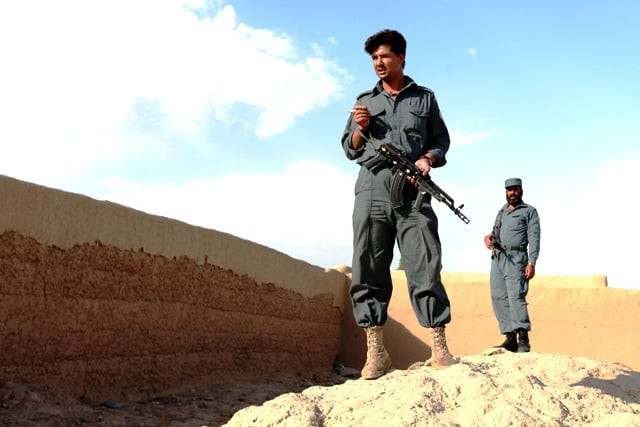Our interests in Afghanistan
Our narrow interest in having more influence than India in Afghanistan should not trump greater interests of the world

For the US, stymieing the Haqqani Network is vital to its plans for withdrawing from Afghanistan by 2014. The only way the US can leave the country without having to admit defeat is if violence in Afghanistan is significantly reduced. Pakistan, however, sees things differently. By keeping the Haqqani Network operational, it thinks it can both counteract Indian influence in Afghanistan and get a seat in the post-US Afghan government that it expects to be dominated by the Taliban. We need to realise how unwise this plan is. It is essentially a rerun of our Afghan policy of the 1980s and 1990s, when the same flawed logic brought us lots of guns, drugs and refugees but little security while destroying the nation of Afghanistan.
Pakistan certainly has a case when it tells the US that it does not have enough troops at its disposal to fight the Haqqani Network in what would surely be a long and bloody battle in North Waziristan. But the problem is that the military is perceived by many, especially the rest of the world, as being hand-in-glove with the Haqqani Network, through its intelligence agencies. The thinking is that this is done as part of the — very flawed and now discredited — policy of ‘strategic depth’. The end result is that we are not only making it harder for peace to take hold in Afghanistan, we are also harming our own interests because the rest of the world does not believe us when we say we are innocent of any interference. Our narrow interest in having more influence than India in Afghanistan should not trump the greater interests of the world.
Published in The Express Tribune, June 9th, 2012.














COMMENTS
Comments are moderated and generally will be posted if they are on-topic and not abusive.
For more information, please see our Comments FAQ